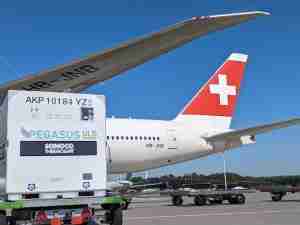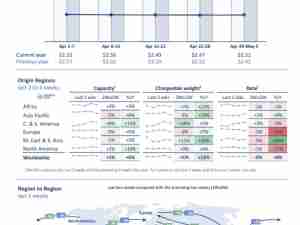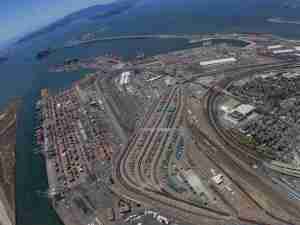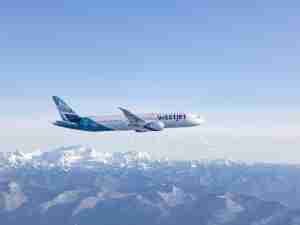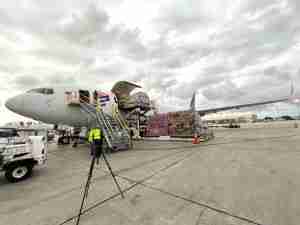The group will focus its efforts to enhance the security of the air cargo supply chain, defined as all components of the transportation chain from shipper to consignee, but this must be done in a manner that results in the minimum possible disruption to the vital flow of commerce. This will require a global push by the air cargo industry and the relevant authorities to improve risk assessment, tighten standard air cargo supply chain processes, develop viable technology for the air cargo environment, and improve compliance. GACAG supports the following principles:
- A comprehensive Air Cargo Supply Chain Security solution should be built around a multi-layered set of actions guided by the 'risk-based' concept;
- Consistent with ICAO Annex 17, member states should introduce supply chain security programs established on common principles and platforms, such as those contained within Regulated Agent and Known Consignor programs;
- To facilitate integrated supply chain transportation, member states should be encouraged to mutually recognize quality supply chain security programs introduced by partner member states;
- Enhanced data intelligence, leveraging standardized electronic advance cargo information and consistent with the WCO Safe Framework of Standards, should underpin secure supply chain solutions to target high-risk cargo;
- Cargo security should be viewed on a holistic basis incorporating general cargo, express cargo, mail and baggage shipped as cargo, encompassing both freighter and combination aircraft; and
- Because our members operate in all countries and territories around the world, we are acutely aware that global harmonization of air cargo security procedures is essential, and we urge that best practices be adopted as soon as possible.
GACAG members plan to expand engagement with relevant authorities as we address recent developments and seek to further our joint goals of security and facilitation. In doing so, we endorse the following recommendations, and will support actions that embody them:
- Government-industry cooperation should be a fundamental principle of cargo security decision-making and lines of communication must remain open at all times;
- Supply chain security should be at the heart of any regulatory approach;
- Governments should establish mechanisms to mutually recognize comparable supply chain security regimes by their trading partners;
- ICAO should be the global focal point for collaboration on cargo screening requirements and both governments and industry should be part of the ongoing dialogue;
- ICAO should set global definitions and standards for air cargo security, including the definition of what constitutes 'higher risk cargo,' and must do so on an expedited basis;
- National and regional regulators should adopt ICAO definitions and standards on an urgent timetable;
- Protocols for transferred cargo should take into account screening that was performed prior to the original flight;
- Industry and government should follow the international standard set by the World Customs Organization on advance cargo information to facilitate risk-assessment; and
- Industry and government should jointly develop and endorse a standard electronic cargo security declaration process and its associated paper layout.
